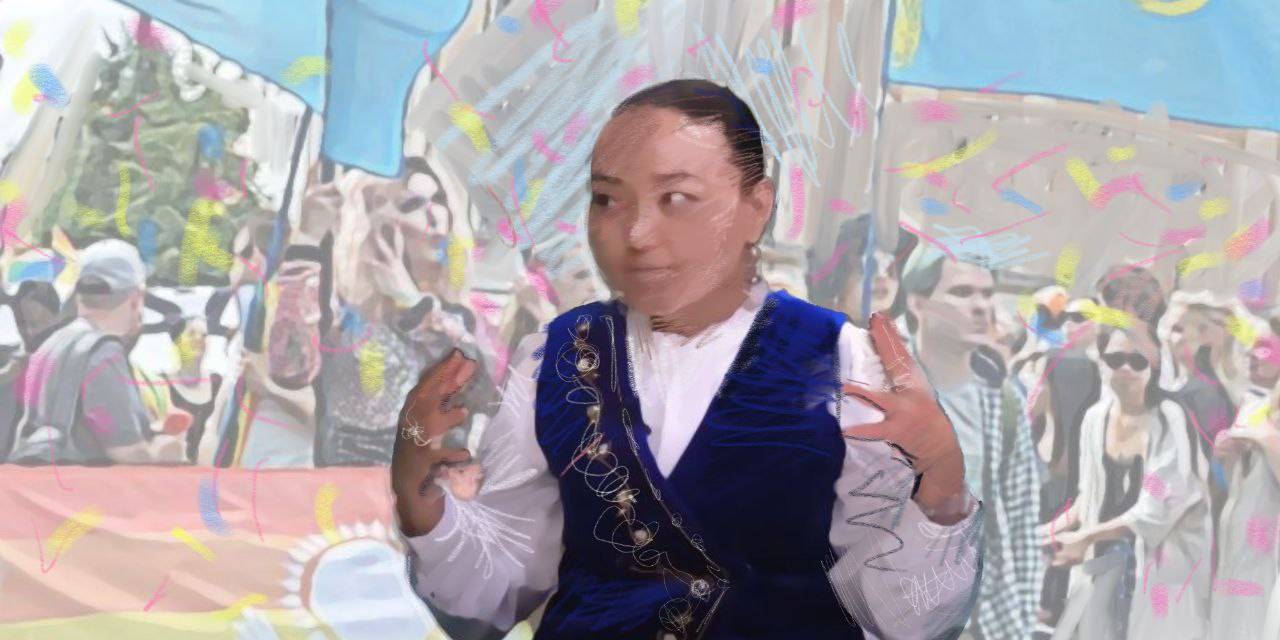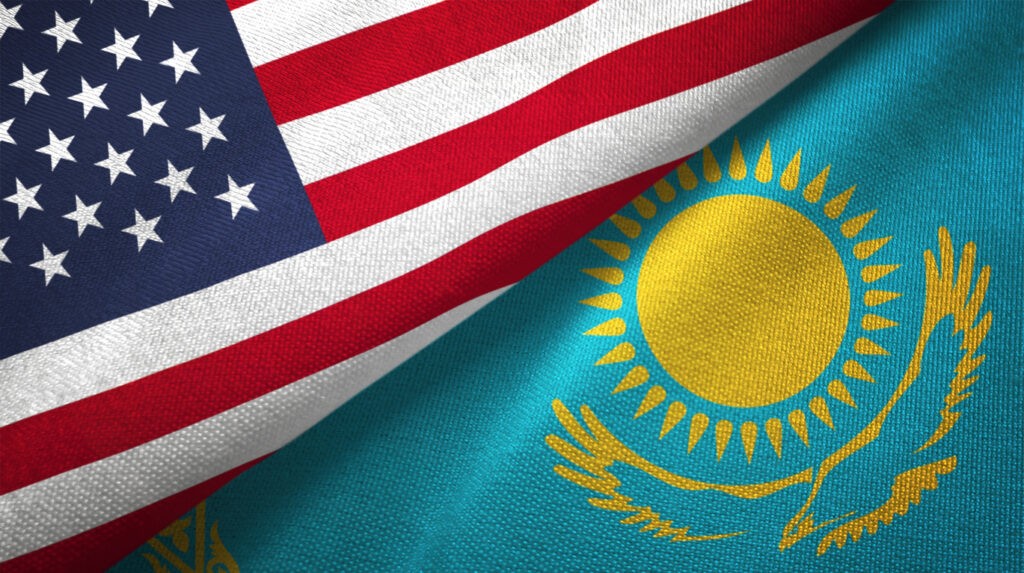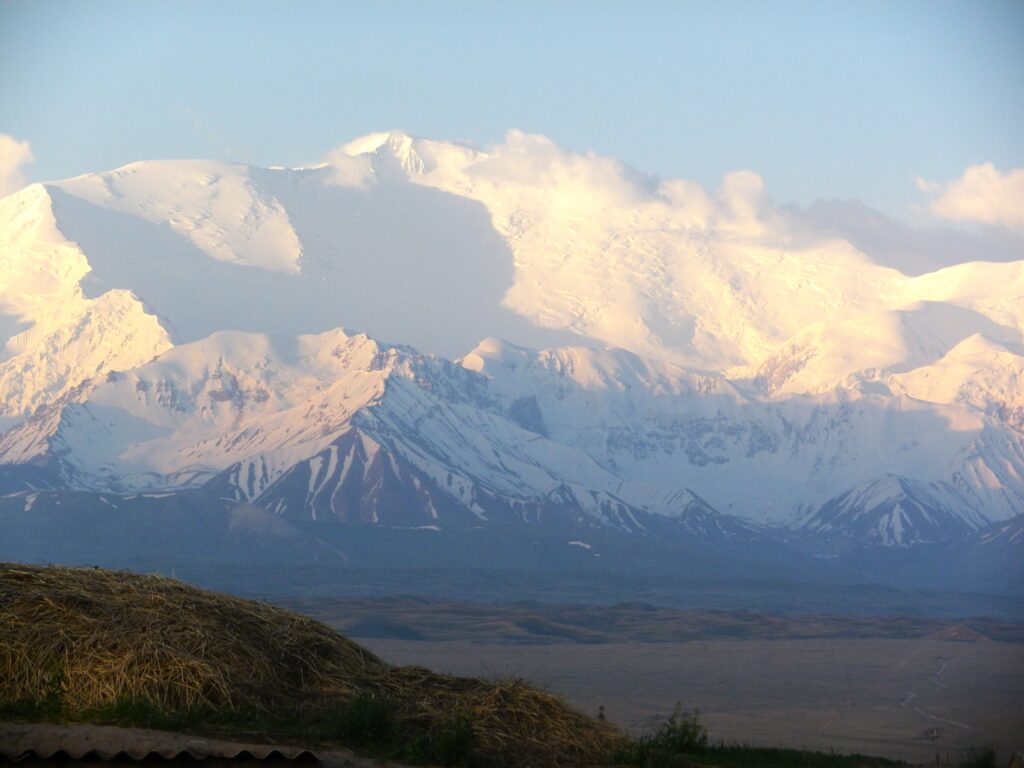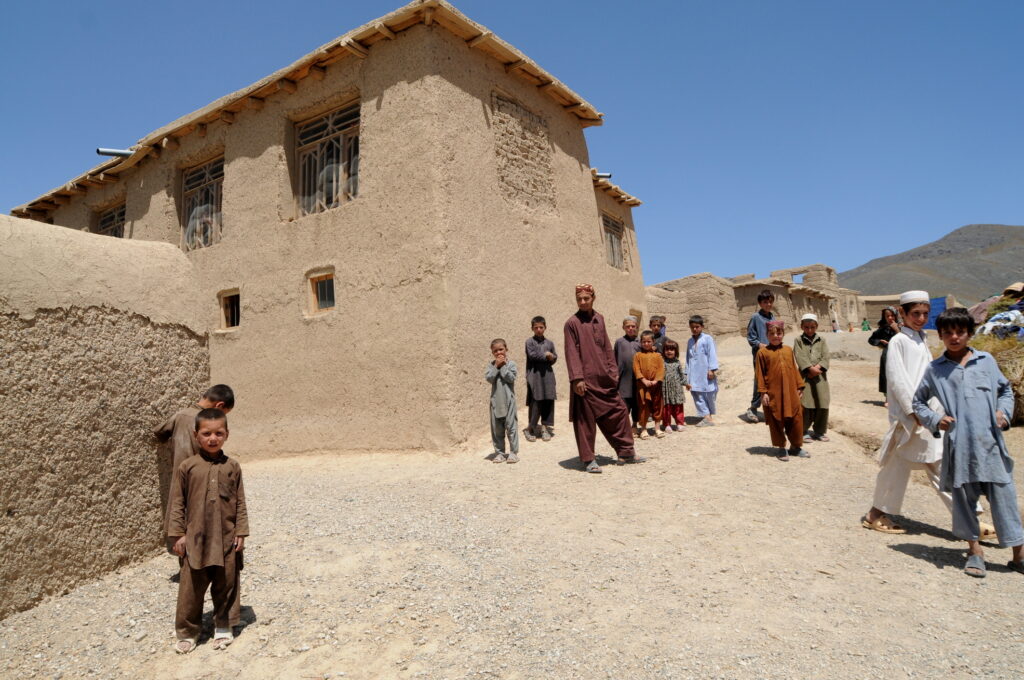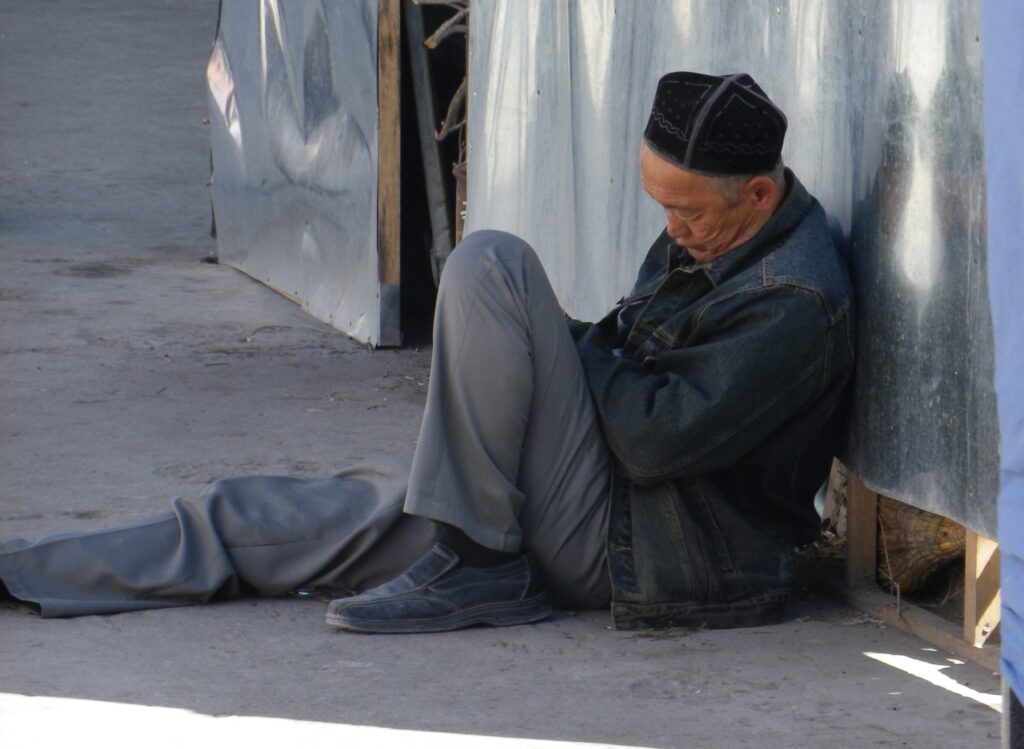The situation surrounding the so-called “LGBT propaganda” conversation continues to heat up in Kazakhstan. Known for its controversial initiatives and stances, earlier this year the Parents’ Union published a petition demanding a ban on demonstrations of non-traditional relationships in the country. The petition gained over 50,000 signatures, meaning Kazakhstan’s Ministry of Culture and Information must consider it under a law passed following Tokayev’s promise of a more engaged and aware “listening state.” However, UN experts have warned that Kazakhstan should not accept the petition for consideration, as it would seriously damage the republic’s image in the international arena.
The authors of the petition “We are against open and hidden propaganda of LGBT in Kazakhstan,” published on the official portal E-Petition.kz, is the Kazakhstan Union of Parents. The Ministry of Culture reported that according to Article 90-4 of the Administrative Procedural Code of the Republic of Kazakhstan, the petition should be considered. A working group, which includes representatives of interested parties, state bodies, and public associations, has been established, and hearings are underway.
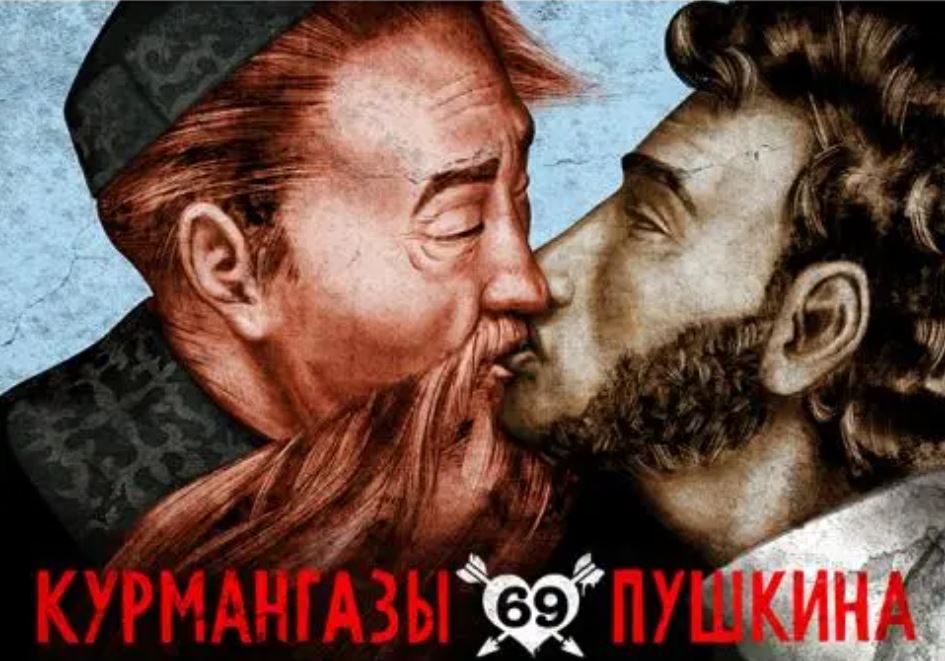
Poster of Kazakh composer Kurmangazy Sagyrbaiuly and Russian poet Aleksandr Pushkin, Havas Worldwide, Facebook
UN warning
On July 31, UN experts said Kazakhstan should reject the petition calling for a law banning gay propaganda. The statement was attributed to Graham Reed, Independent Expert on the Protection against Violence and Discrimination on the Basis of Sexual Orientation and Gender, Irene Khan, UN Special Rapporteur on the right to freedom of opinion and expression, Mary Llor, Special Rapporteur on the situation of human rights defenders, Gina Romero Rodriguez, Special Rapporteur on the right to freedom of peaceful assembly, and Farida Shaheed, Special Rapporteur on the right to education.
“The Government of Kazakhstan should reject the petition it is considering for legislation that violates freedom of expression, peaceful assembly, and association based on sexual orientation and gender identity. The petition itself is based on prejudice, and any legislation resulting from it inevitably and unlawfully tramples on human rights,” the UN experts stated.
In their opinion, the call for a ban on propaganda of the LGBT movement contradicts the Administrative Procedure Code of Kazakhstan. According to it, the government is prohibited from considering petitions, the implementation of which may lead to the violations of human rights and freedoms. If the government responds to the petition and adopts a law banning the public expression of lesbian, gay, bisexual, and transgender (LGBT) identity, it would violate many rights, including freedom of expression and equality before the law, as guaranteed by the International Covenant on Civil and Political Rights, which Kazakhstan ratified in 2005.
The UN has previously expressed concern about similar bills on so-called “LGBT propaganda” in Kazakhstan, Kyrgyzstan, and the Russian Federation. In Russia, laws against “LGBT propaganda” were introduced in 2013 and were tightened in 2022. A complete legal ban on LGBT propaganda (among people of all ages) was introduced, administrative cases were conducted, and internet resources were blocked.
Kyrgyzstan passed a similar law in 2023, effectively banning any public discussion of LGBT representatives and mischaracterizing information about “non-traditional sexual relations” as “harmful” to children, experts wrote. The petition presented to the Kazakh authorities also says the requested law is aimed at “protecting adolescents and children.”
“Such a vaguely worded law will have a chilling effect on civil society organizations and human rights defenders and contribute to the creation of a hostile environment in which discrimination and even violence will take place,” the UN endorsed statement continues. In 2020, Kazakhstan accepted a recommendation from UN member states to “guarantee an enabling environment for civil society, activist groups, and human rights defenders” working on LGBT issues. If Kazakhstan adopts a restrictive “propaganda” law stemming from the petition, it would directly contradict the government’s commitment to its human rights obligations, the statement argues.
Who are the Parents Union?
The Parents Union of Kazakhstan is headed by Bagila Baltabayeva, whom in a spate of statements has on more than one occasion referred to the battle for LGBT rights as a call for revolution. “Today’s little child can become the leader of the country tomorrow. And today, these eight- and nine-year-old girls who go to rallies say, ‘My vagina is my business,’ ‘Down with the patriarchy, let’s have a revolution.’ They are directly calling for a revolution, these little girls. In two or three generations, what kind of people will run our country?” Baltabayeva stated. “If you want to become a country, fix your cradle! If you want to save your nation, fix your daughter! Today’s girl, tomorrow’s Mother!”
Ahead of the public debate on the anti-LGBT propaganda petition, its initiator, the Parents Union, once again expressed its views and urged people to support their initiative. “The demands do not attack the rights of homosexuals in any way. The demands are aimed at protecting the rights and interests of the majority of citizens of the Republic of Kazakhstan, and especially at protecting the rights of minors, enshrined in international acts and the Constitution of the Republic of Kazakhstan,” the Union of Parents stated.
“At the same time, it is important to realize that no law of the RK contains any norm that would give homosexuals the ‘right’ to indoctrinate their unnatural attitudes to others. Demands of homo-NGOs to allow them to promote a perverted way of life grossly infringe on human rights and freedoms,” their appeal states.
Earlier, members of the Parents’ Union spoke out against this year’s amendments to the legislation on family violence, which toughened punishment for family tyrants which were praised by the OSCE and UNDP as laying a “foundation for a stable, prosperous society.” Contrary to the facts, the Parents’ Union argued that the new law would lead to the mass removal of children from families.
In addition, several Parents’ Union activists are known for speaking out against vaccinations. Childhood diseases like measles, whooping cough, and diphtheria, which have caused many deaths in the past, have been virtually eradicated in the former Soviet Union through mass vaccination. But in recent decades, anti-vaxxer beliefs have been spreading. As a result, collective immunity has been seriously weakened. Now, there are regular measles outbreaks in Kazakhstan, and since the beginning of this year, two children, both unvaccinated, have died of whooping cough.
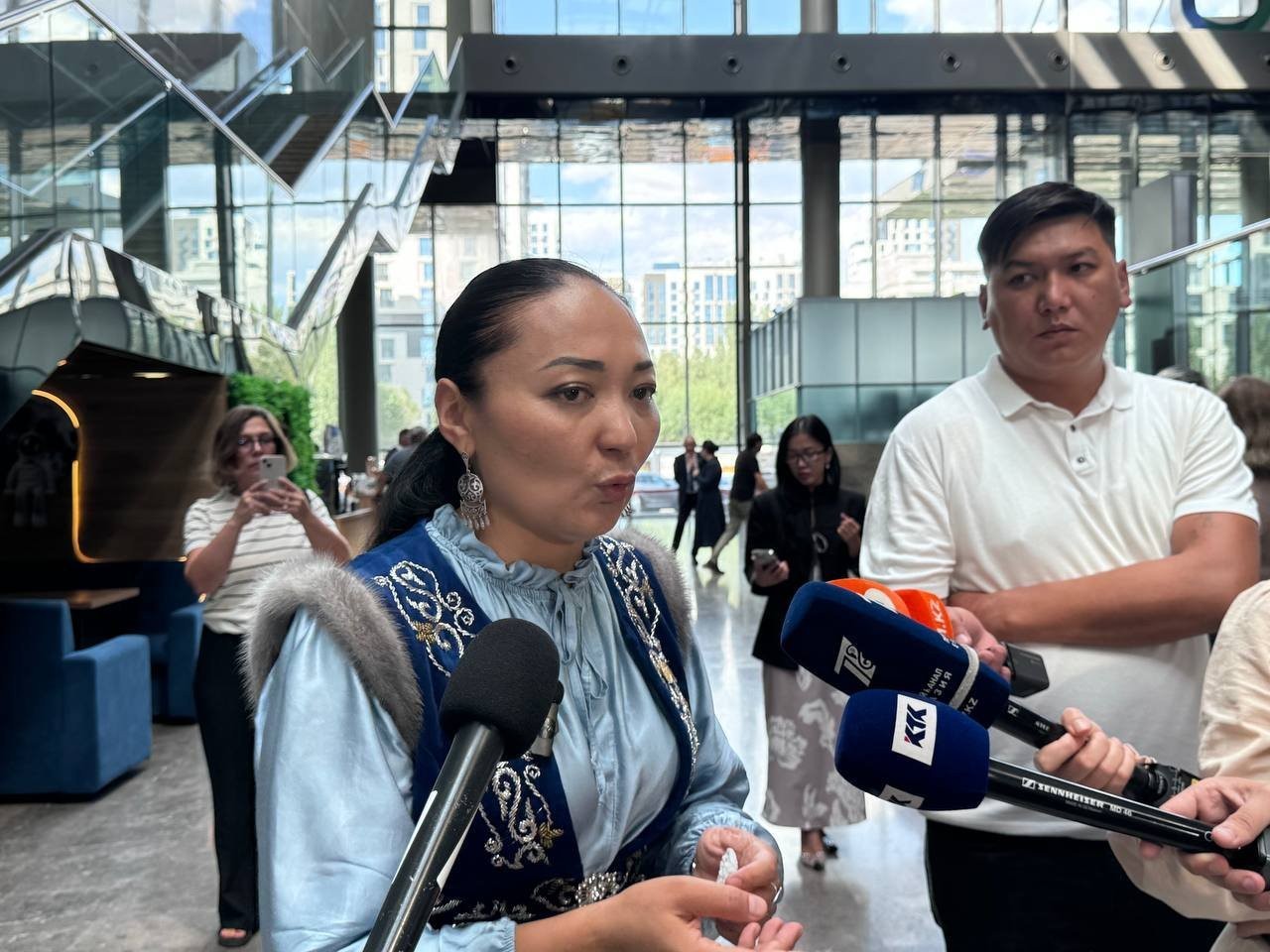
Bagila Baltabayeva, Instagram
Contrary to the Constitution
Activists and supporters of the LGBT movement have, of course, taken a polar opposite position. In particular, Zhanar Sekerbayeva, co-founder of the Kazakhstan feminist initiative Feminita, spoke on political scientist Marat Shibutov’s podcast.
The Constitution clearly states that everyone is equal before the law, she stated, and no one can be discriminated against. We must respect this article of the Constitution — the Basic Law of the Republic of Kazakhstan. “We have pledged to respect human rights conventions,” Sekerbayeva said.
Human rights activists are convinced that passing a law against LGBT propaganda could lead to more bullying and an increase in teen suicide. In addition, Kazakhstan may lose access to almost all Western video content, as it massively contains this “propaganda.” Feminita have initiated a complaint about the petition. Bloggers supporting the petition, meanwhile, believe that Western countries are imposing non-traditional values on Kazakhstan.
